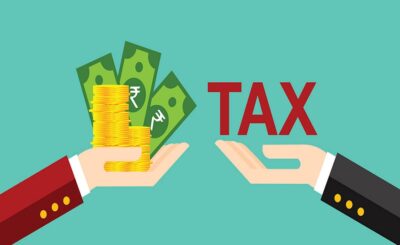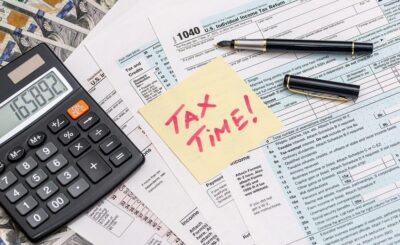Retail entrepreneurs routinely investigate the benefits of obtaining a Texas resale license in Texas’ active and diverse business scene.
This vital document and supporting authorized business activities provide several possibilities for businesses throughout the state. This comprehensive tutorial will examine the significance of a Texas resale license, the application process, and the benefits it provides to small and large businesses.
Understanding the Texas resale license
The Texas Comptroller of Public Accounts grants a resale license to a Texas Sales and Use Tax Permit. It is a vital document. Companies with this authority can buy tax-exempt items for resale and collect sales tax on their sellable commodities. A resale license is required to comply with Texas tax regulations, whether you operate an online business, a physical store, or participate in trade shows.
The Application Procedure
Eligibility
Before applying for a Texas resale license, businesses must determine their eligibility. Suppose you sell tangible personal property, lease or rent taxable items, or provide taxable services in Texas. In that case, you must usually obtain a resale license.
Preparation
Obtain the relevant information, such as the type of company entity, social security number, federal employer identification number (FEIN), business activities, and financial information. Having these details on hand simplifies the application process.
Application Submission
Businesses in Texas can electronically submit their application for a resale license through the Texas Comptroller of Public Accounts website. With this, processing times can be sped up and made more efficient.
Verification and Approval
After applying, the Comptroller’s office will confirm the information provided. After successful verification, they will issue the Texas Sales and Use Tax Permit, generally the resale license.
Renewal and Compliance
The standard validity period for a resale license is two years. Enterprises must keep track of the expiration date of their license and renew it as soon as possible to avoid any delays to their operations. Furthermore, businesses with resale licenses must follow all Texas tax rules and regulations.
The Benefits of Having a Texas Resale License
Legal Obligation
Obtaining a resale license ensures that your business follows Texas state law. This compliance safeguards your organization against future legal issues while establishing a favorable customer reputation.
Sales Tax Collection
Businesses with a resale license can legally collect and remit sales tax on taxable items sold. This allows businesses to shift the tax burden to the final customer while ensuring the state receives the necessary revenue.
Tax-Exempt Purchases
A company with a resale license can purchase products to resell for a tax exemption. This benefit reduces expenses and boosts the company’s overall financial success.
Business Credibility
Having a Texas resale license provides your organization greater validity. It conveys to clients, vendors, and other business partners that your operations are legal and by state regulations.
Market Expansion
Companies with a resale license can participate in various marketplaces, such as events and trade shows, without fear of tax issues. As a result of this increased market presence, sales and brand awareness may increase.
Final Words
To summarize, a resale license is a legal need and a competitive advantage for businesses in Texas’ massive and growing state. Obtaining a Texas resale license is critical for business owners seeking to thrive in the state’s competitive and diverse business environment for legal compliance and financial rewards. Companies may successfully navigate the complexities of the Texas tax system and lay the groundwork for long-term growth by understanding the application process and accepting the benefits associated with a resale license.









